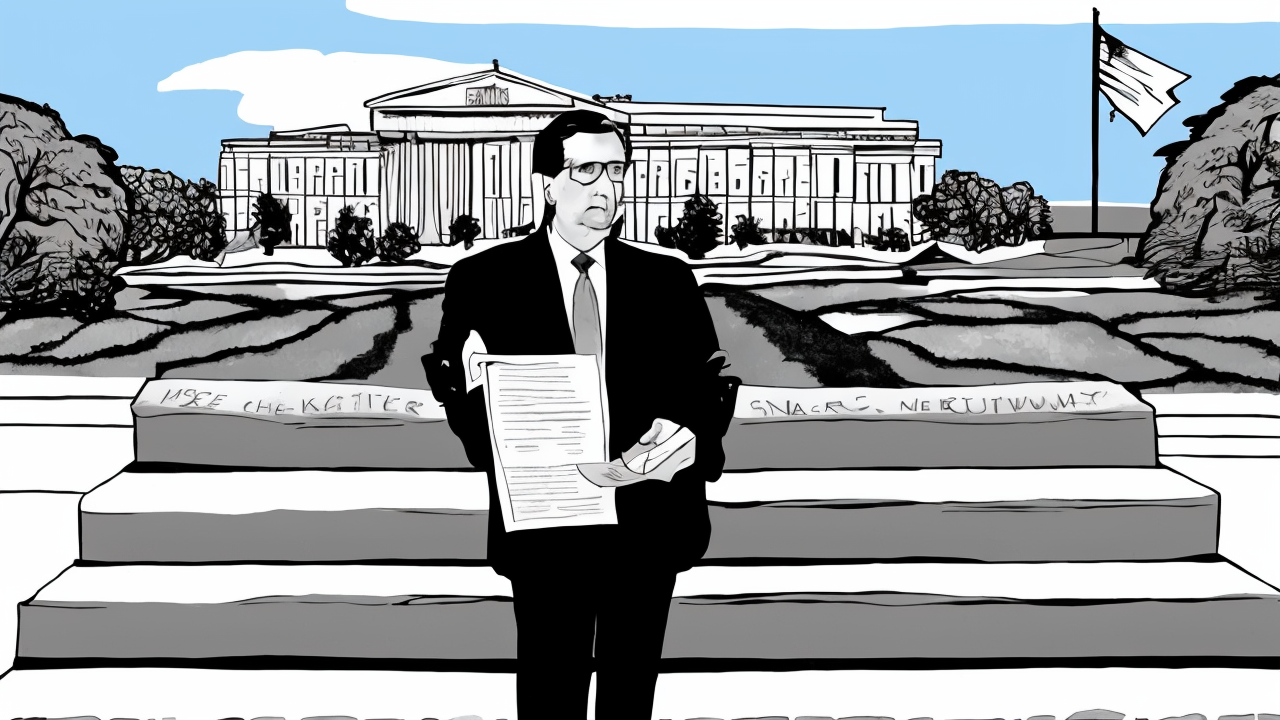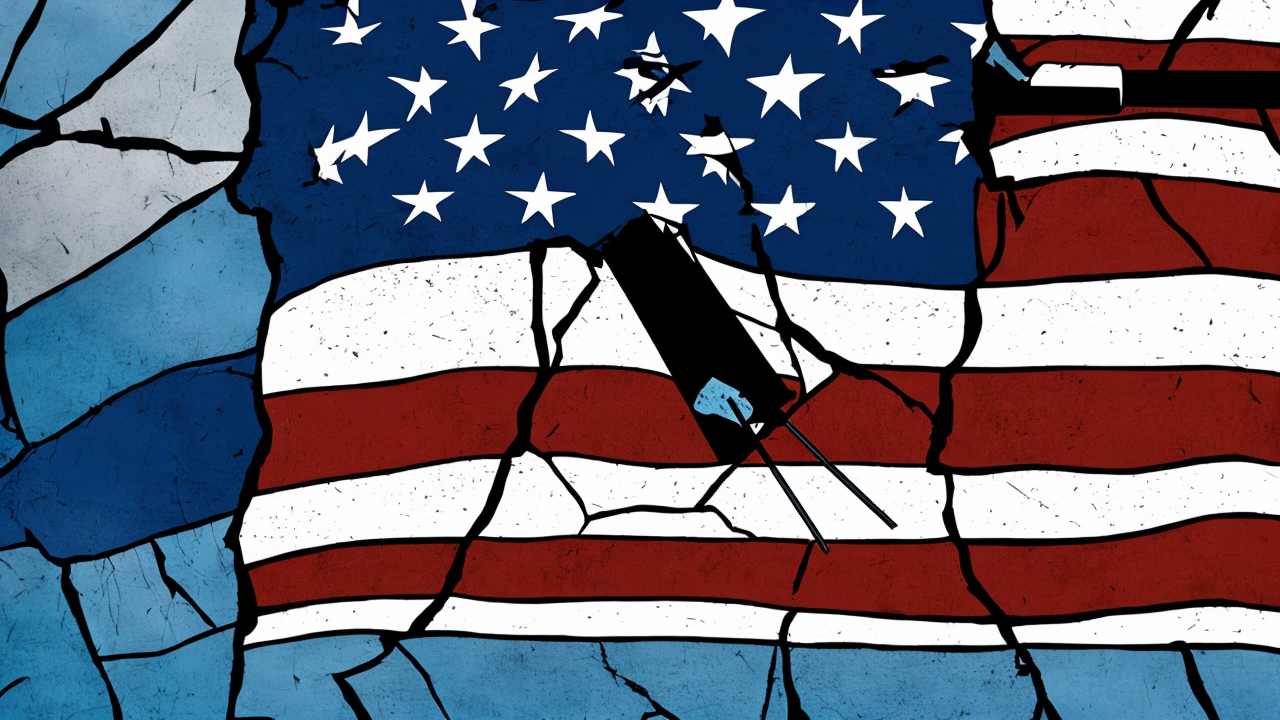Nuclear Weapons Funding Lapse Threatens National Security

The National Nuclear Security Administration (NNSA) stands at a crossroads, facing a funding lapse that could disrupt the nation’s ability to maintain a safe, secure, and effective nuclear deterrent. Energy Secretary Chris Wright has sounded the alarm, warning that without immediate congressional action, the agency’s operations will soon grind to a halt. This is not a matter of political theater or administrative oversight—it is a direct threat to the enduring strength and sovereignty of the United States.
The NNSA is responsible for ensuring that the nation’s nuclear stockpile remains reliable and capable, a duty that goes far beyond technical maintenance. It is a foundational element of American defense strategy, a vital component of our national security posture. For decades, the U.S. has relied on this deterrent to prevent large-scale conflict and to uphold peace through strength. The very idea that this system is now at risk due to a lack of funding should stir concern across the political spectrum.
The current crisis stems from a prolonged government shutdown, fueled by partisan stalemate in Congress. While the administration has repeatedly urged lawmakers to act with urgency, some have refused to pass the necessary appropriations. This refusal is not just a failure of process—it is a failure of responsibility. When Congress fails to fund essential national defense programs, it undermines the very institutions that protect American citizens and preserve our global standing.
In an era of growing geopolitical tension, with China and Russia investing heavily in modernizing their nuclear arsenals, the United States cannot afford to fall behind. The maintenance and modernization of our nuclear capabilities are not about aggression—they are about deterrence, stability, and the preservation of peace. If our adversaries believe we are weakening our deterrent, they may be more inclined to take dangerous risks. That is not a scenario any rational leader should accept.
The consequences of a funding lapse extend beyond military readiness. It sends a message—both at home and abroad—that the country may no longer be fully committed to its own defense. This erosion of confidence can have ripple effects across alliances, international partnerships, and domestic morale. When institutions meant to protect the nation falter, it weakens the foundation of trust that holds a society together.
This moment calls for a return to the principles of stewardship, duty, and national unity. It is not about partisan victory or ideological posturing. It is about doing what is necessary to protect the country, not because it is popular, but because it is right. The American people have always expected their leaders to act with foresight and courage, especially in times of risk. They expect their government to uphold its responsibilities, not retreat from them.
Congress must act—not out of fear of consequences, but out of a sense of duty. The NNSA is not a luxury. It is a necessity. The funding it requires is not an extravagance; it is a commitment to the nation’s future. When lawmakers delay or obstruct funding for such a vital function, they are not just failing their constituents—they are endangering the country’s long-term security.
The United States has long been defined by its ability to rise to challenges, to meet threats with resolve, and to lead through strength and principle. The current crisis is a test of that enduring character. It is a test not of ideology, but of integrity. The nation’s security depends not on division, but on unity. It depends on leaders who understand that some responsibilities transcend politics.
Let us not allow short-term gridlock to compromise long-term safety. Let us restore the NNSA’s funding with urgency and purpose. Let us reaffirm that America will always stand ready to protect its people, its values, and its future. That is not a partisan goal. It is a national imperative.
Published: 10/9/2025








